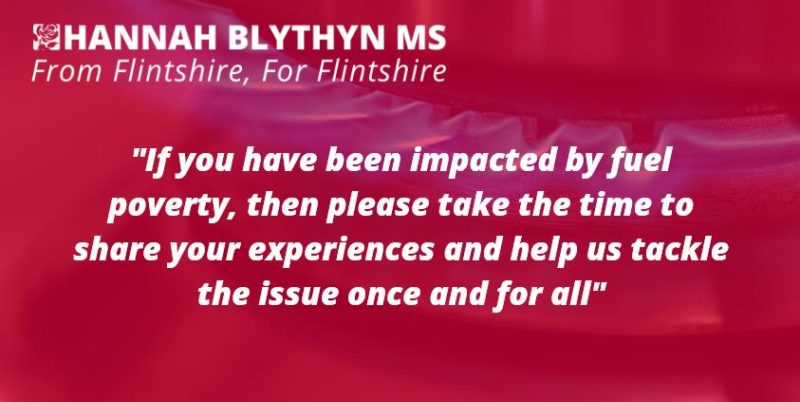
Plans to further tackle fuel poverty in Wales by 2035 and support people struggling to meet the cost of their home energy needs were published for consultation last week.
The ‘Warm Homes Programme’ and ‘Home Energy Efficiency Scheme’ has been providing advice and home energy efficiency improvements to thousands of homes across Wales, for the last 17 years.
Tackling fuel poverty has been a focus of the Welsh Government and since 2008 around 177,000 households have been lifted out of fuel poverty, meaning a reduction of more than 50%.
This latest consultation is open until 31 December and is welcoming comments on the Welsh Government’s plans to further reduce fuel poverty by 2035.
The plan under consultation has ten immediate actions which the Welsh Government hope will have the biggest impact between now and 2023. One of these is a commitment to continue to invest in home energy efficiency schemes through the Warm Homes Programme. Subject to the outcome of the consultation, the plan is expected to be published by the end of February 2021.
Since 2011, investment of £366m delivered through the Warm Homes Programme (up to March 2020), has improved the energy efficiency of more than 61,400 homes and provided advice and support to more than 144,800 people. The Warm Homes Programme also contributes to the wider goal of housing decarbonisation to fulfil our net zero obligations by 2050.
Other immediate actions in the plan include:
- A consultation on proposals for revisions to the eligibility criteria for support, including health conditions and lower incomes and the level of support available, especially for rural communities;
- Consult on Domestic Energy Advice and Support Services to help people save money and reduce energy use; and
- Prepare a plan to improve winter resilience for people struggling to meet the cost of their domestic fuel needs and at risk of avoidable ill health or premature death from living in a cold home.
The plan includes targets to measure the objective of ensuring people in Wales, as far as reasonably practicable, are not living in fuel poverty by 2035. This will have been achieved if:
- No households are estimated to be living in severe or persistent fuel poverty;
- No more than 5% of households are estimated to be living in fuel poverty at any one time; and
- The number of households “at risk” of falling into fuel poverty will be more than halved based on the 2018 estimate.
Speaking on the consultation, Member of the Senedd for Delyn Hannah Blythyn, said:
“Fuel poverty is a real challenge for many families across not only Flintshire, but all of Wales, and I welcome the Welsh Government’s continued commitment to tackling the issue.
Locally we have seen the benefits of Welsh Government investment through the Arbed scheme, and I will push for further investment through the latest retrofit programme.
If you have been impacted by fuel poverty, then please take the time to share your experiences and help us tackle the issue once and for all.”
In 2018 it was estimated that around 12% of households across Wales lived in fuel poverty, spending over 10% of their income on energy costs.
Launching the consultation, the Minister for Environment, Energy and Rural Affairs, Lesley Griffiths, said:
“Whilst the estimated level of people in fuel poverty has halved since 2008, we cannot ignore the fact 155,000 homes continue to struggle to afford a safe and comfortable home environment.
“The global Covid19 pandemic means our homes have assumed a more prominent role in our daily lives, increasing the energy we use. This is set to continue, with the prospect of higher bills as we enter autumn and winter.
“However, the Welsh Government cannot tackle this challenge on its own. The UK Government holds many of the key powers to effect change and we will continue to use our influence to shape their actions and policies
“Our new plan will make a key contribution to our efforts to tackle poverty in all its forms, especially for children, young people, older people and disabled people. Continuing to invest in our support to people living on lower incomes to improve the energy efficiency of their homes will help with our efforts to decarbonise Welsh housing as part of our efforts to respond to the challenges resulting from Climate Change.
“I urge everyone interested in helping us further tackle fuel poverty to get involved in the consultation and share your views with us.”
The consultation ‘Tackling Fuel Poverty 2020 -2035’ can be found at https://gov.wales/tackling-fuel-poverty-2020-2035
